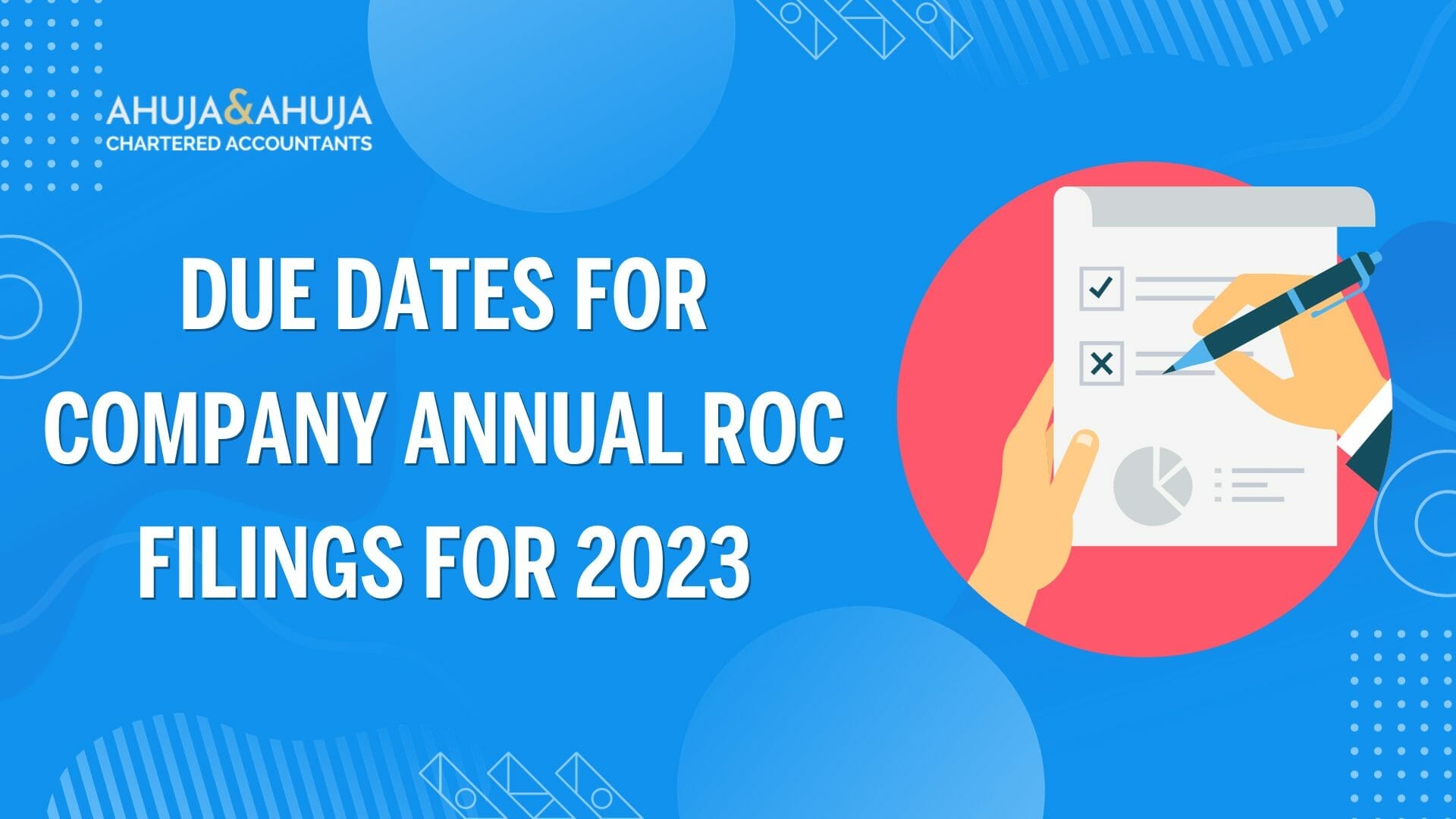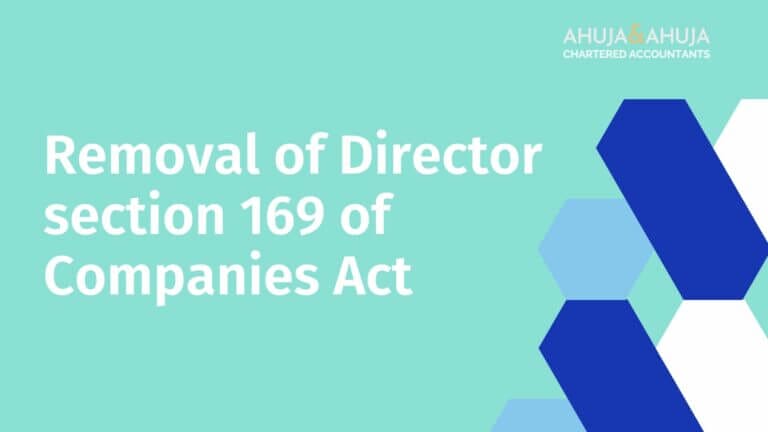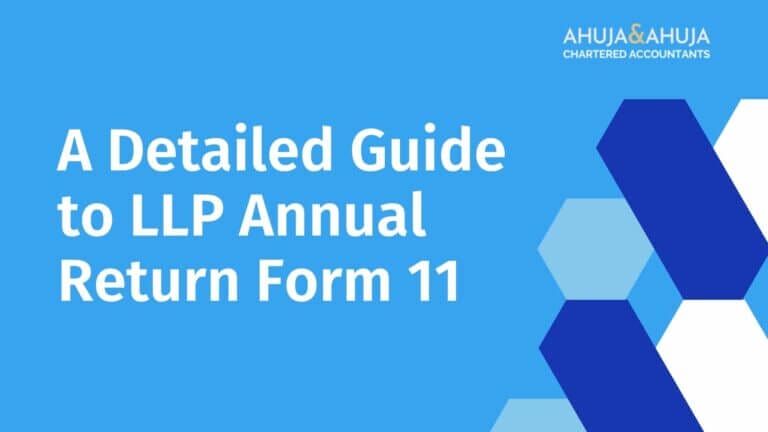Due Dates for Company Annual ROC Filings for 2023
In the vibrant economic landscape of India, companies vary in form, size, and the industries they serve. Despite these differences, one binding thread between them is compliance with the Companies Act 2013, particularly when it comes to annual filings with the Registrar of Companies (ROC). Whether you operate a public or private company, a One Person Company (OPC), or a small business, this process applies to you universally and is essential for maintaining the legality and transparency of corporate affairs in India.
This comprehensive guide will navigate you through the tricky waters of annual ROC filings due in 2023, explaining the types of forms to be filed, the respective due dates, and the consequences of not meeting these deadlines. Designed to be easy to understand, even for laymen, this guide is here to simplify the complex world of corporate compliance in India for you.
Background
The crux of corporate compliance in India lies within the Companies Act, 2013. This comprehensive act mandates all companies registered in India to submit their audited annual financial results and various other important documents to the ROC. This process not only provides transparency about the company’s financial standing but also ensures they meet the statutory requirements placed by the Indian government.
When forming a company in India, one must keep in mind these compliance regulations to avoid future legal complications and potential penalties. Being aware of these rules can help streamline your business setup and operation process and keep your company in line with the necessary protocols.
Documents for Submission
To fulfill the annual ROC filing requirements under the Companies Act, companies of different types need to submit various documents. Listed below are the essential forms to be filed for different types of companies:
- Annual Return – MGT 7 and MGT 7A: All companies, including public companies, private companies, one-person companies, and small companies, are required to file the Annual Return form. This form provides detailed information about the company’s directors, shareholders, and key financials. The MGT 7 form is for companies without a company secretary, while the MGT 7A form is for companies with a company secretary.
- Audited Profit and Loss account and Balance Sheets – Form AOC-4: Form AOC-4 is to be filed while ROC filing by all companies. It includes the audited financial statements of the company, including the Profit and Loss account and the Balance Sheet.
- Audited Cash Flow Statements – Form AOC-4: Similar to Form AOC-4, the Audited Cash Flow Statements also need to be filed by all companies. Cash Flow Statements provide insights into a company’s cash inflows and outflows during the financial year.
- Audit Report – Form AOC-4: The Audit Report, also filed via Form AOC-4, includes the auditor’s opinion on the financial statements of the company.
- Board Resolutions and Adoption of Annual Accounts – MGT-14: Companies are required to file MGT-14, which contains resolutions passed at board meetings and the adoption of annual accounts.
- Appointment of Auditor – Form ADT-1: This form should be filed with the ROC specifying the appointment of an auditor for the company.
- Cost Audit Report – Form CRA-4: If a company is subject to cost audit requirements, the Cost Audit Report needs to be filed via Form CRA-4.
- Secretarial Audit Report – MGT-8: Companies with a paid-up capital of INR 10 crores or more and a turnover of INR 50 crores or more need to file the Secretarial Audit Report along with Form MGT 7.
Ensure to gather and submit these documents accurately for a successful filing process. Seeking professional assistance from experts who specialize in company annual return filing can help streamline this process and ensure compliance.
Due Dates for Form Submission
It is essential for companies to adhere to specific due dates for submitting the various forms to the ROC. The deadline for each form varies based on the type of form and the company’s situation. The table below outlines the due dates for each form:
| Form | Due Date |
|---|---|
| ADT-1 | Within 15 days after the AGM is completed. Due by 14th October 2023 for AGMs held on 30th September 2023. |
| AOC-4, AOC-4 XBRL & AOC-4 CFS | For OPCs: Within 180 days from the closure of the financial year. Due by 27th September 2023. For other companies: Within 30 days of the conclusion of the AGM. Due by 29th October 2023. |
| MGT-14 | Within 30 days from the date of the board meeting or within 30 days of passing the board resolution. |
| MGT-7/MGT-7A | Within 60 days from the conclusion of the AGM. Due by 28th November 2023 for AGMs held on 30th September 2023. |
| MGT-8 | Due by 28th November 2023. Applicable to companies with paid-up capital of INR 10 crores or more and turnover of INR 50 crores or more. |
| CRA-4 | Within 30 days from the receipt of the report. |
Remember, failing to meet these due dates can result in penalties and additional fees. It is crucial for companies to maintain compliance with the ROC annual filing requirements to avoid unnecessary financial burdens and legal complications.
Seeking professional guidance from experts who specialize in company annual return filing can help you navigate these due dates effectively and ensure timely submissions.
Penalties for Non-Compliance
Compliance with the filing of ROC annual returns within the specified due dates is crucial. Failure to file the forms on time can result in penalties and additional fees. The penalties and fees for non-compliance vary based on the number of days the filing is delayed. Here are the penalties:
- Up to 30 days: 2 times the normal fees.
- More than 30 days and up to 60 days: 4 times the normal fees.
- More than 60 days and up to 90 days: 6 times the normal fees.
- More than 90 days and up to 180 days: 10 times the normal fees.
- More than 180 days and up to 270 days: 12 times the normal fees.
In addition to these penalties, the additional fees for filing E-form AOC-4 (XBRL and Non-XBRL) and E-form MGT-7 after the due date is Rs. 100 per day, effective from July 1, 2018. It is crucial for companies to meet the filing deadlines to avoid incurring these penalties and additional fees.
Maintaining compliance with annual filing requirements under the Companies Act 2013 is not only a legal obligation but also an essential step for the smooth operation of your business. Prioritizing these deadlines and ensuring timely filings will help you avoid unnecessary financial burdens and legal complications.
Frequently Asked Questions (FAQs)
Here are some common questions and answers related to ROC filings for the year 2023:
What happens if I miss the due date for filing the annual return?
If you fail to file the annual return within the specified due date, you may be subject to penalties and additional fees. These penalties increase the longer the delay in filing.
Can I request an extension for filing the ROC forms?
No, there is no provision for extensions in the due dates for ROC filings. It is essential to submit the forms within the specified timeframe to avoid penalties.
What should I do if I discover an error in the submitted forms?
In case you identify any errors in the submitted forms, you can rectify them by filing the necessary forms with the ROC. It is advisable to consult with professionals who specialize in company annual return filings for guidance on the proper rectification procedure.
Can I file the forms electronically?
Yes, most forms can be filed electronically through the Ministry of Corporate Affairs (MCA) portal. Electronic filing provides convenience and faster processing.
Are there any consequences for not filing the annual return?
Failure to file the annual return can have serious consequences, including legal implications, penalties, and even disqualification of directors in certain cases. It is important to prioritize compliance to prevent such issues.
If you have more questions or need further clarification regarding ROC filings, it is advisable to consult professionals with expertise in company and LLP services, such as company annual return filing.
Disclaimer
The materials provided herein are solely for educational and informational purposes. No attorney/professional-client relationship is created when you access or use the site or the materials. The information presented on this site does not constitute legal or professional advice and should not be relied upon for such purposes or used as a substitute for professional or legal advice.







